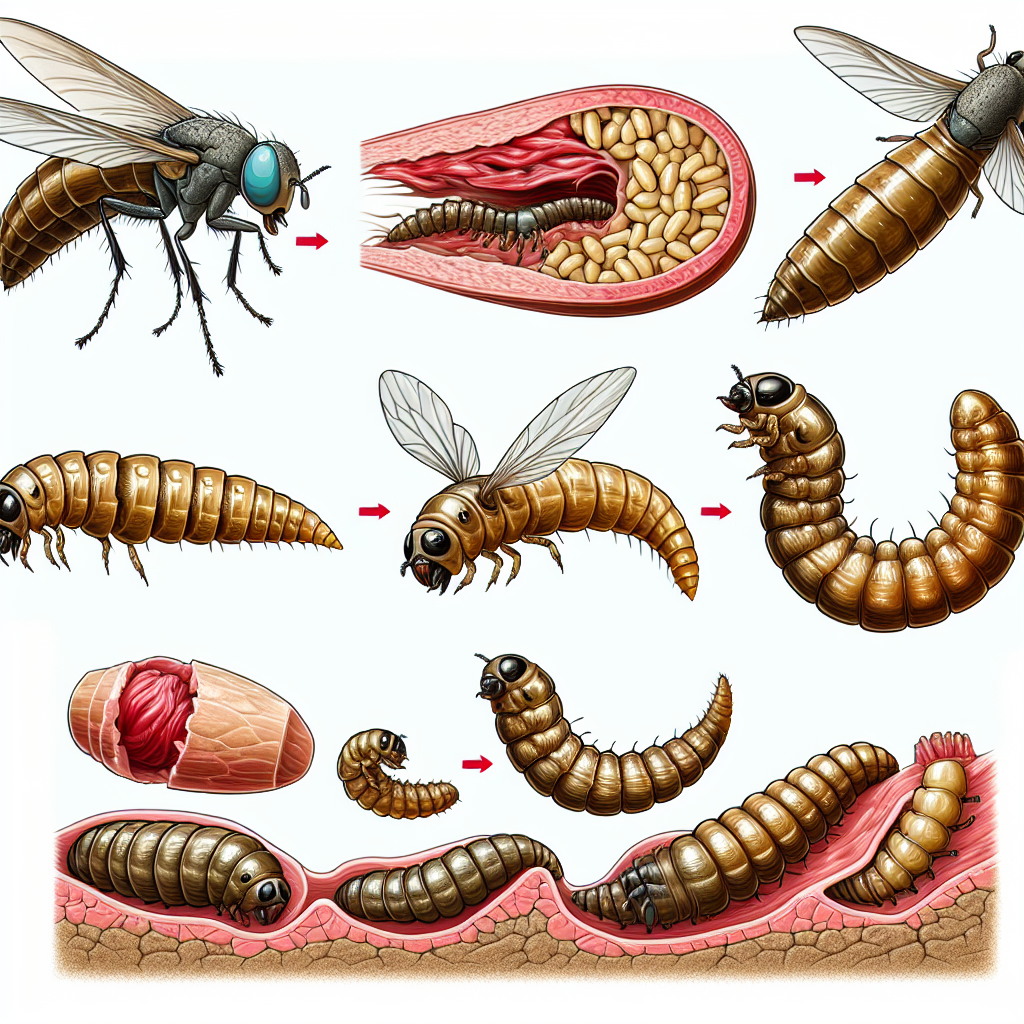Cross-Border Cattle Chaos: Mexico's Silent Screwworm Crisis
Mexico faces a growing screwworm crisis linked to illegal cattle movement from Central America. Ranchers demand stronger government action as the infestation impacts trade with the U.S. and costs the Mexican meat industry millions. Efforts to control the outbreak include sterile fly plants and increased awareness campaigns.

Mexico is grappling with a severe screwworm outbreak exacerbated by illegal cattle movements across its southern border. The infestation, which started last November, recently claimed its first human casualty in Campeche, with cases reported in the dozens. Ranchers are urging the government to strengthen border controls and curb illegal cattle trafficking, which plays a significant role in the crisis.
Cross-border cattle movement from countries like Guatemala and Honduras is a key issue, allowing organized crime to exploit the lucrative market. Authorities have linked these unchecked crossings to the rapid spread of the screwworm fly, though more blame lies with the lack of disease containment and reporting, according to local officials.
The U.S. has shut its borders to Mexican cattle due to the outbreak, greatly affecting trade. As Mexico negotiates a trade deal to avoid increased tariffs, the government is investing in measures like a sterile fly-breeding plant, yet existing efforts appear inadequate to ranchers like Julio Herrera, who experience daily challenges on the ground.
ALSO READ
BSF and Punjab Police Thwart Cross-Border Smuggling with Drone and Arms Seizures
Decline in U.S. Vaccination Rates Sparks Measles Outbreak Concerns
Measles Outbreak Sparks Urgent Calls for Vaccination in Manipur
Matrimonial Scam Uncovered: Cross-Border Crime Busted at Dum Dum
Syria's Fragile Truce Shattered: New Outbreaks of Violence Test Transitional Government










